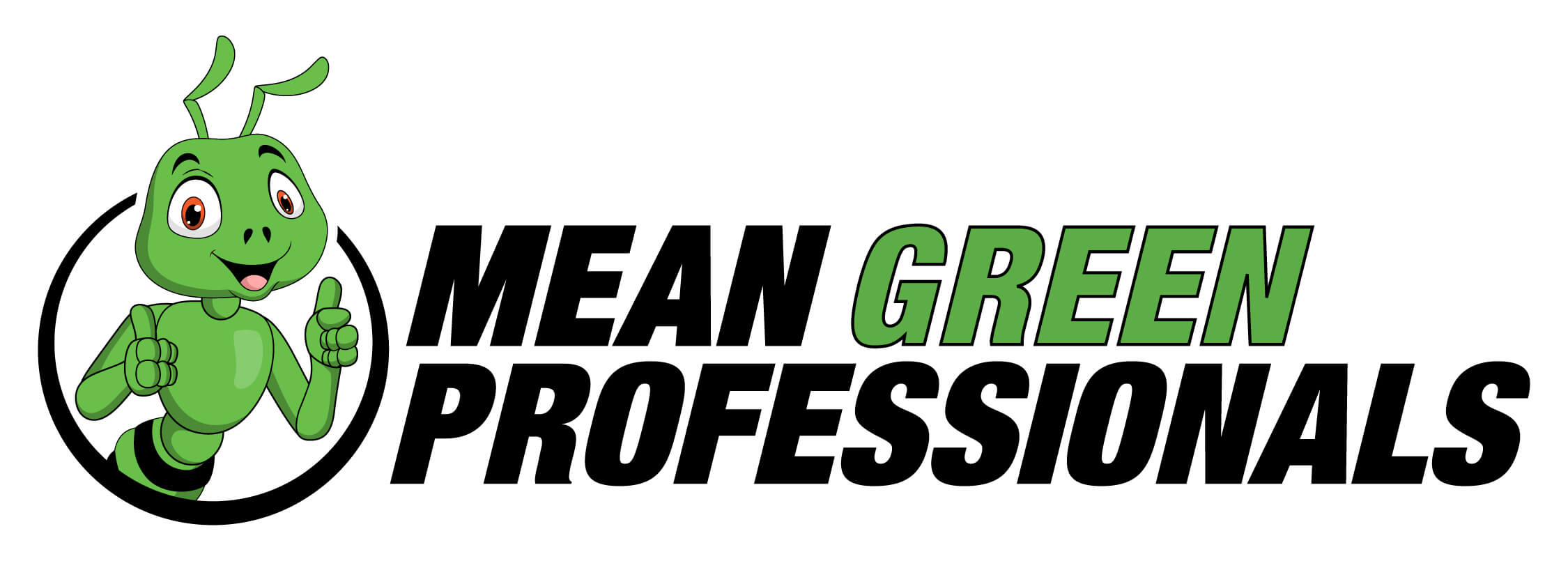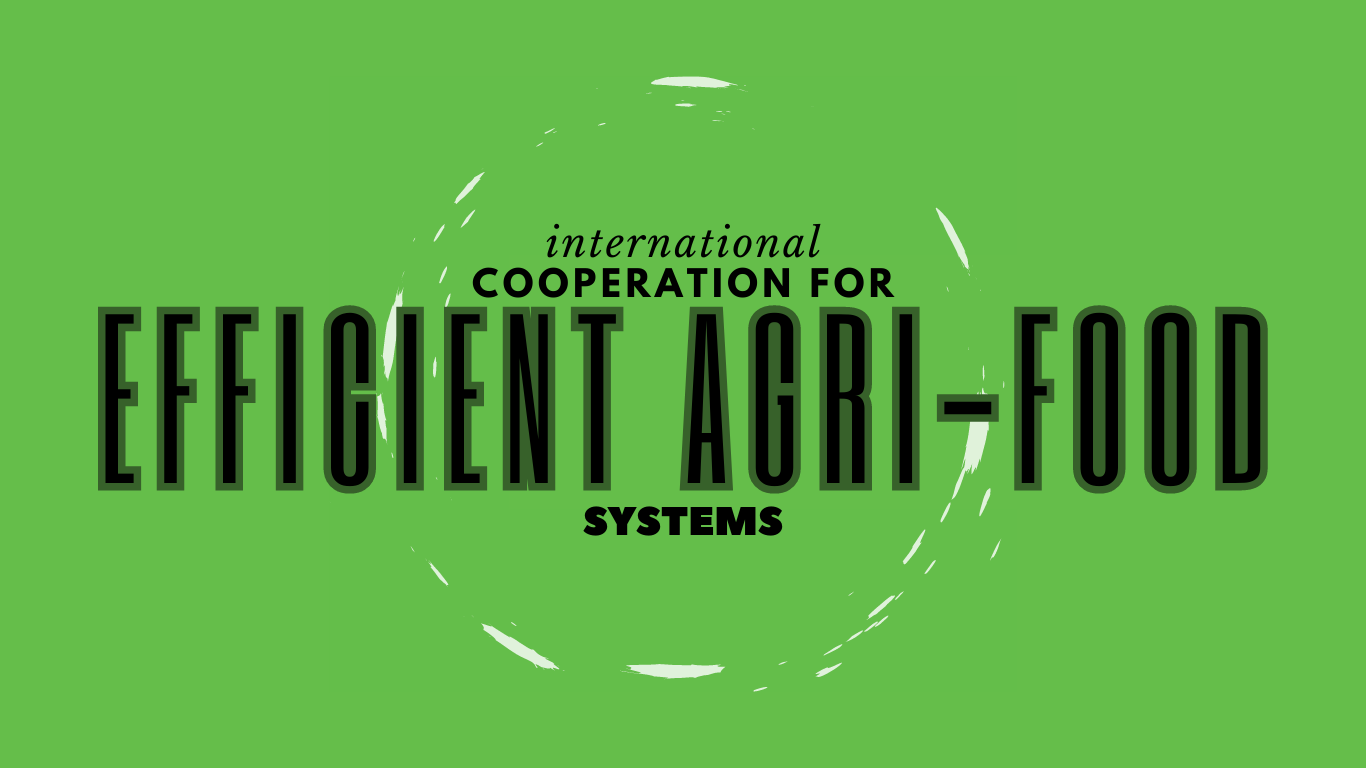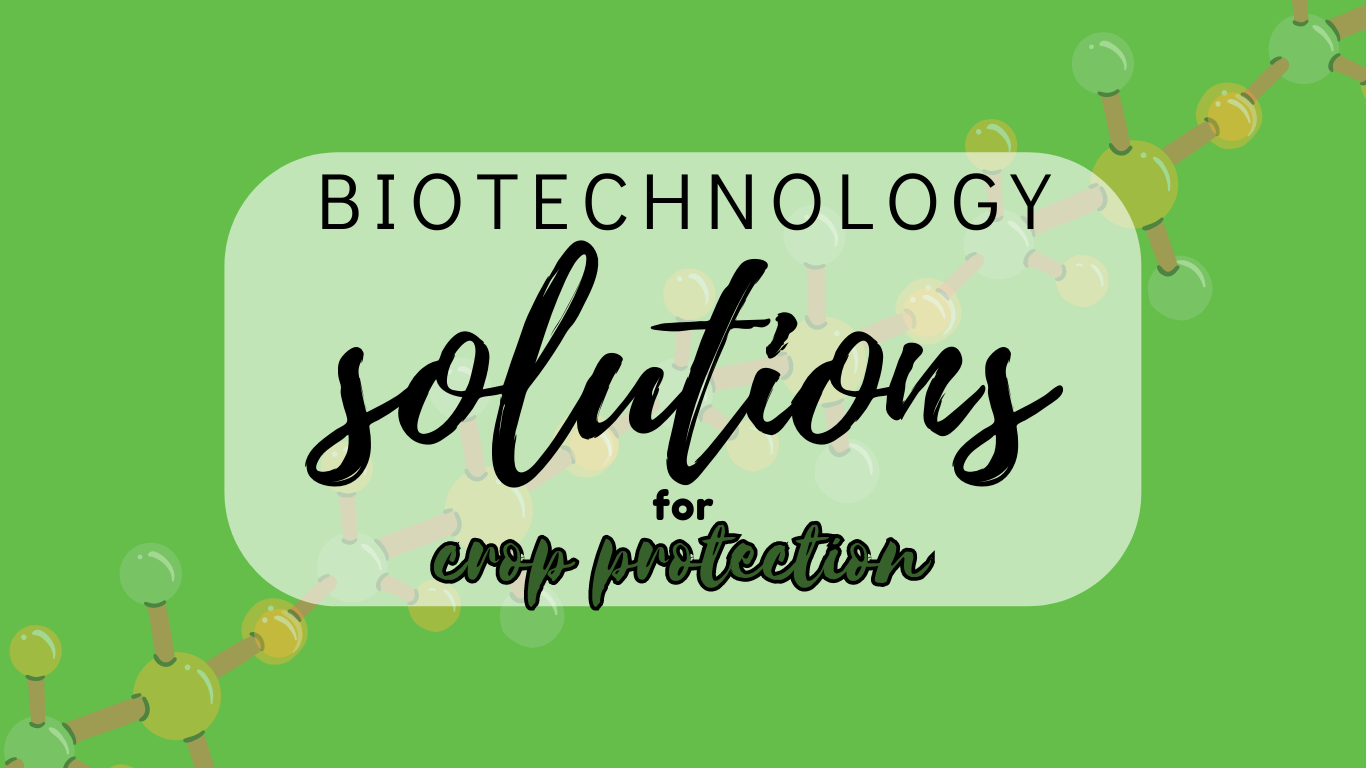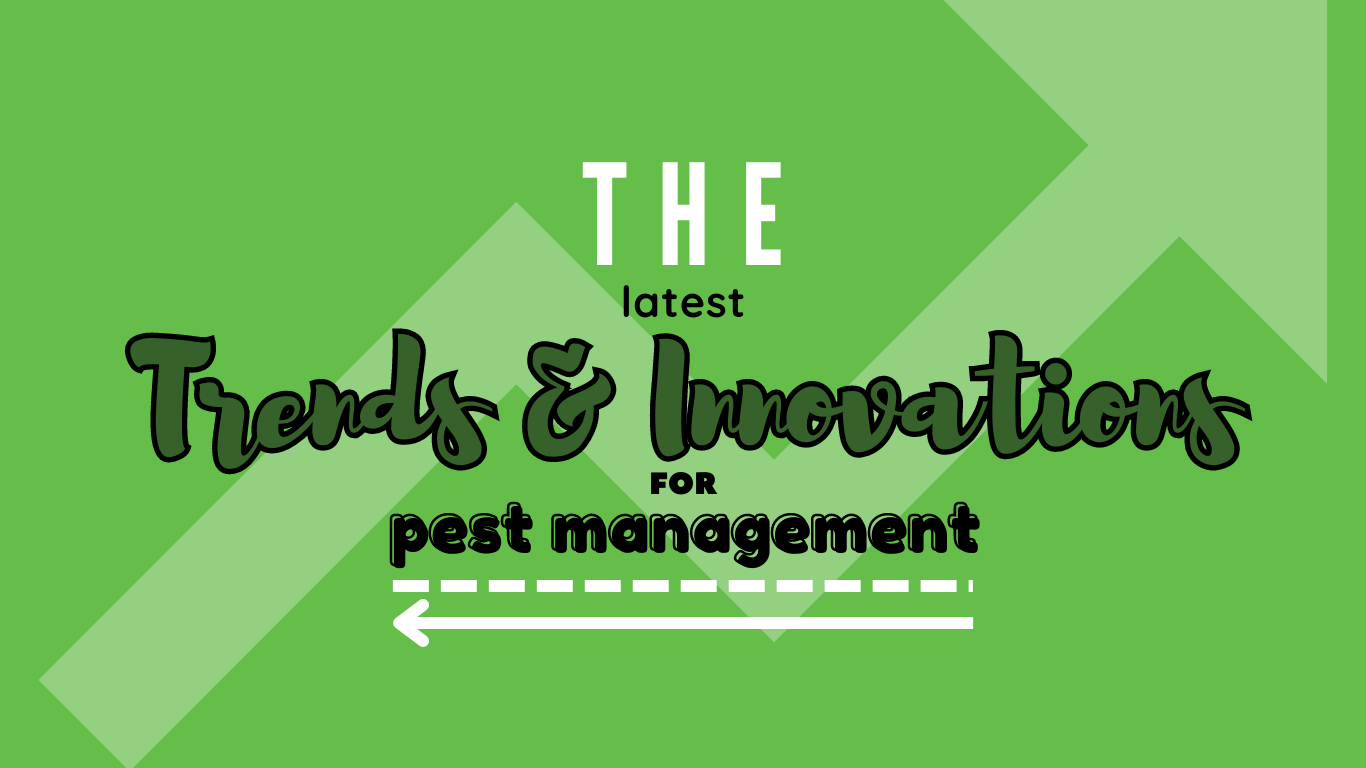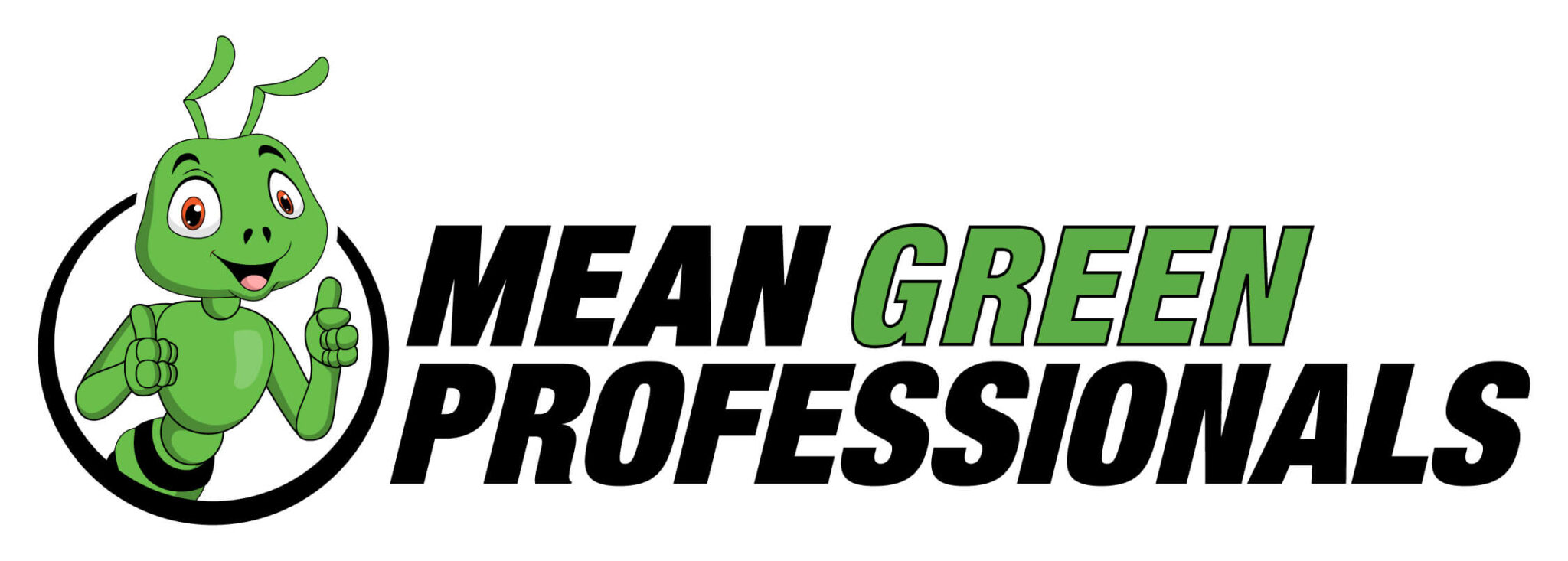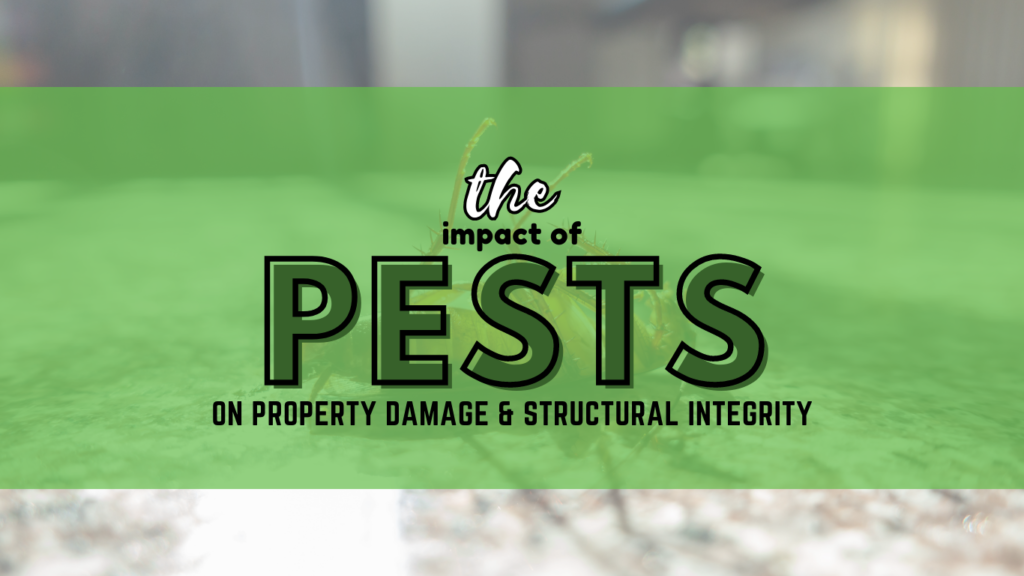
Did you know that the impact of pests on agriculture alone costs billions of dollars annually?
In today’s world, we face a growing challenge in controlling these pesky invaders.
As climate change alters ecosystems and global trade increases, the impact of pests on our properties and food supply in Smyrna, Tennessee, becomes even more significant.
This comprehensive blog post will explore various aspects related to pest management, from understanding how climate change contributes to increased pest activity to innovative decision aids for improved systems.
We’ll delve into international cooperation efforts aimed at creating effective strategies against these threats and discuss cutting-edge biotechnology advancements in insecticide development.
Moreover, we’ll touch upon safer alternatives to synthetic chemical insecticides and emerging technologies for targeted pest control.
Lastly, discover why professional assistance from trusted companies like Mean Green Pest Pros is essential in protecting your property from the devastating effects of infestations.
Join us as we navigate through this complex topic and learn about sustainable solutions designed to mitigate the ever-growing impact of pests on our lives.
Table Of Contents:
- The Growing Concern of Pests on Property Damage and Structural Integrity
- International Cooperation for Efficient Agri-food Systems
- Decision Aids for Insect Pest Management
- Biotechnology Solutions for Crop Protection
- Mean Green Pest Pros: Your Eco-Friendly Solution
- Evolution from Synthetic Chemical Insecticides to Safer Alternatives
- Emerging Technologies for Pest Management
- FAQs in Relation to the Impact of Pests
- Combat property damage and preserve structural integrity! Learn about the impact of pests on your property and how professional pest control services can safeguard your home or business.
The Growing Concern of Pests on Property Damage and Structural Integrity
However, these pesky creatures can also lead to the extensive destruction of one’s possessions and their structural soundness.
In this section, we’ll explore the impact of pests on properties while highlighting the importance of professional pest control services like Mean Green Pest Pros.
Effects of Climate Change on Pest Distribution
Climate change is no joke. As temperatures rise, so does the risk of pest dispersal in agricultural and forestry ecosystems, particularly affecting cooler regions.
Studies show that warmer climates create ideal conditions for pests such as fall armyworm (Spodoptera frugiperda) to thrive, causing devastating effects on crops worldwide.
Consequences for Agriculture and Food Security
The spread of these pesky critters isn’t just an annoyance; it poses a real threat to global food security.
Pest infestations can lead to reduced crop yields or even total crop failure if left unchecked.
This is where integrated pest management comes into play – using natural enemies like predators or parasites alongside eco-friendly methods to keep that creepy crawlies at bay.
Actionable Tip:
- Contact Mean Green Pest Pros today for expert advice on how their organic solutions can help protect your property from pests.
To protect your home from pests, enlist the help of professional experts like Mean Green Pest Pros.
The answer is simple: call in the professionals.
Mean Green Pest Pros, located in Smyrna, Tennessee, offers eco-friendly pest control services that use organic ingredients with natural insect-repelling properties instead of dangerous chemical insecticides like pyrethrum.
Pests pose a significant threat to property damage and structural integrity.
Climate change increases the risk of pest dispersal in agricultural and forestry ecosystems, particularly affecting cooler regions.
Professional pest control services like Mean Green Pest Pros are essential for protecting your property.
Pests can cause significant damage to properties and their structural integrity. Climate change increases the risk of pest dispersal, affecting agriculture and food security worldwide. To protect your property from pests, it’s essential to call in professional eco-friendly pest control services like Mean Green Pest Pros, which use organic ingredients with natural insect-repelling properties instead of dangerous chemical insecticides like pyrethrum.
International Cooperation for Efficient Agri-food Systems
Let’s talk about global teamwork.
When it comes to combating plant pests, increased international cooperation is crucial.
Countries like Finland and Zambia have stepped up to the plate by establishing initiatives such as the International Year of Plant Health.
The Role of Global Organizations in Combating Pests:
- Fighting together: The Food and Agriculture Organization (FAO) plays a significant role in providing technical support to address this growing concern. They’ve been working tirelessly on projects like the Integrated Pest Management Program.
- Pest control superstars: Natural enemies like fall armyworm (a.k.a Spodoptera frugiperda) are being targeted by these organizations, helping farmers protect their crops from devastating damage.
Inspiring Success Stories From Countries Leading the Fight Against Pests:
- Zambia has made strides in pest management with its National Task Force on Fall Armyworm Control, which focuses on research, surveillance, and awareness campaigns.
- In Finland, they’re using advanced technologies like Smart Plant Protection to monitor and control pests, ensuring their agricultural sector remains strong.
Why International Cooperation Matters:
Pests don’t care about borders, so neither should we.
Working together is the key to preventing widespread damage caused by invasive species.
By sharing knowledge and resources, countries can develop more effective strategies for pest management.
Need professional help with your pest problems?
Don’t hesitate to contact Mean Green Pest Pros, an eco-friendly pest control company experienced in integrated pest management located in Smyrna, Tennessee.
Decision Aids for Insect Pest Management
Let’s dive in.
To maximize efficiency and minimize economic losses, farmers need to leverage advanced technology, such as decision aids that provide sampling information systems, cost-benefit analysis tools, and expert computer simulation models.
This is where decision aids come into play.
These handy tools include sampling information systems, cost-benefit analysis tools, and expert computer simulation models that empower farmers to make informed choices about their crops’ health while minimizing economic losses due to infestations.
Importance of Data-Driven Decision-Making in Agriculture
Data-driven decisions are crucial in modern agriculture as they enable farmers to optimize crop yields and reduce pest damage effectively.
Studies show that utilizing these cutting-edge technologies results in better resource management and increased profitability for growers worldwide.
Examples of Effective Decision-Aid Tools
- Sampling Information Systems: These systems provide real-time data on pest populations within a specific area, allowing farmers to identify problem areas quickly and take appropriate action before it’s too late.
- Cost-Benefit Analysis Tools: By comparing the costs associated with various pest control measures against potential benefits (e.g., reduced crop loss), these tools help determine the most economically viable approach. The University of California has a great Integrated Pest Management Cost Calculator you can try.
- Expert Computer Simulation Models: These models simulate the impact of various pest control strategies on crop yields and overall farm profitability, allowing farmers to make well-informed decisions. The National Integrated Pest Management Database is an excellent resource for accessing these models.
If you’re struggling with pests like the notorious fall armyworm (Spodoptera frugiperda) or seeking ways to protect your crops from natural enemies, implementing decision aids in your integrated pest management strategy could be just what you need.
In addition to using these tools yourself, consider partnering with professional pest control services like Mean Green Pest Pros, which specializes in eco-friendly solutions tailored specifically towards insects and rodent elimination.
Ready to take action against pests? Contact Mean Green Pest Pros today.
Farmers can make informed decisions about their crops’ health and minimize economic losses due to infestations by using decision aids such as sampling information systems, cost-benefit analysis tools, and expert computer simulation models. Data-driven decisions are crucial in modern agriculture for optimizing crop yields and reducing pest damage effectively. Effective decision aid tools include real-time data on pest populations, cost-benefit analysis of various pest control measures against potential benefits, and computer simulation models that simulate the impact of various pest control strategies on crop yields.
Biotechnology Solutions for Crop Protection
Did you know that scientists have discovered a bacteria called Bacillus thuringiensis, or Bt, which possesses insecticidal properties?
This amazing discovery has led to the development of genetically modified crop plants with built-in pest resistance.
Bt-based products are now widely used in agriculture as an alternative to synthetic chemical insecticides. Yet, there is a downside.
Advantages & Disadvantages Associated with Bt-Based Products
- The Good: Reduced use of harmful chemical pesticides and lower environmental impact. Win-win!
- The Bad: Potential for insects to develop resistance over time, rendering these products less effective. Boo!
To address this issue, we need better monitoring systems and alternative solutions.
Developing Better Monitoring Systems & Alternative Solutions
It’s essential to look at other possibilities in addition to relying solely on one resolution.
Finding alternatives means investing in research and development (R&D) while also improving our detection methods tailored specifically toward insect control strategies.
A great example is the use of natural enemies, such as predators or parasites, that help keep pest populations in check.
An approach that may be advantageous is the implementation of IPM, which uses a variety of approaches to effectively and sustainably control pests.
This includes practices like crop rotation, biological control, habitat manipulation, and targeted pesticide application when necessary.
Mean Green Pest Pros: Your Eco-Friendly Solution
If you’re looking for a professional pest control service that prioritizes eco-friendly solutions, look no further than Mean Green Pest Pros.
We understand the importance of using safer alternatives to traditional chemical insecticides like pyrethrum.
That’s why we utilize all organic ingredients with natural insect-repellent properties.
Ready to protect your property from pests without harming the environment?
Contact Mean Green Pest Pros today.
Scientists have discovered a bacteria called Bacillus thuringiensis (Bt) that possesses insecticidal properties, leading to the development of genetically modified crop plants with built-in pest resistance. However, there is potential for insects to develop resistance over time, and it’s important to explore other options like natural enemies or integrated pest management (IPM). Mean Green Pest Pros offers an eco-friendly solution using all organic ingredients with natural insect-repellent properties.
Evolution from Synthetic Chemical Insecticides to Safer Alternatives
Let’s take a look back at how far we’ve come, shall we?
Do you remember the days when synthetic chemical insecticides were all the rage in pest control?
Yeah, not our proudest moment.
But fear not.
We’ve come a long way since then, and now there are safer alternatives available for homeowners like you.
Eco-friendly Pest Control:
- Integrated Pest Management (IPM): A holistic approach that combines various techniques to minimize pests while reducing environmental impact.
- Natural Enemies: Using beneficial insects such as ladybugs or lacewings to prey on harmful pests. Talk about poetic justice.
- Fall Armyworm Control: The notorious Spodoptera frugiperda can cause significant crop damage. Fear no more; eco-friendly solutions are here to save the day.
- Biopesticides: Derived from natural materials like plants and minerals, these pesticides offer an effective yet environmentally friendly alternative.
This is where companies like Mean Green Pest Pros step in – offering professional pest control services with an eco-conscious twist.
History and Drawbacks of Synthetic Chemical Insecticides
The use of synthetic chemicals dates back decades but has been linked to numerous adverse effects on human health and ecosystems.
Studies have shown that these chemicals can contaminate water sources, harm non-target species, and even cause resistance in pests.
It is now necessary to abandon these hazardous chemicals and embrace more secure options.
Advancements in Eco-Friendly Pest Control Methods
Eco-friendly pest control is all about working with nature rather than against it.
It’s time we give Mother Earth a break.
Biopesticides, for example, are derived from natural materials like plants or microorganisms and have minimal impact on the environment compared to synthetic alternatives.
Another game-changer is Bacillus thuringiensis, a soil-dwelling bacterium used as an effective biological pesticide against various insect larvae – say goodbye to those pesky caterpillars.
If you’re looking for professional help without harming the planet, Mean Green Pest Pros has got your back.
We use eco-friendly methods such as integrated pest management and natural enemies to keep your home free of unwanted guests while minimizing environmental impact.
The evolution from synthetic chemical insecticides to safer alternatives has come a long way. Eco-friendly pest control methods like integrated pest management, natural enemies, and biopesticides offer effective yet environmentally friendly solutions. Mean Green Pest Pros provides professional help without harming the planet by using eco-conscious techniques to keep homes free of unwanted pests while minimizing environmental impact.
Emerging Technologies for Pest Management
But fear not; as technology evolves rapidly, so do our methods of pest management.
This part covers the newest advances in tech that may completely transform pest control and farming.
Gene Editing Technologies & Their Potential Applications in Agriculture
Enter gene editing – the future of crop protection?
RNA interference (RNAi) is one such technique that has shown promise in controlling pests by silencing specific genes within their DNA.
This can lead to reduced reproduction rates or even death among targeted insect populations.
CRISPR/Cas9-mediated genome editing, another groundbreaking technology, allows scientists to make precise changes in an organism’s genetic material with ease and accuracy.
Potential applications include creating crops resistant to diseases and insects while reducing reliance on chemical pesticides – talk about a win-win situation.
Automated Early Detection Systems for Improved Pest Management
Beyond gene editing lies automation – our secret weapon against pesky invaders.
- Data-driven monitoring: By collecting data on factors like weather conditions and insect populations, farmers can predict when pests will strike before they cause damage.
- Sensor networks: These systems use sensors placed throughout fields to detect the presence of pests and alert farmers to take action.
- Remote sensing: Satellite imagery, drones, and other remote sensing technologies can help identify pest-infested areas early on, allowing for targeted interventions.
These innovative approaches have the potential to revolutionize how we manage pests while minimizing environmental impacts.
With this in mind, it’s time to consider exploring the use of remote sensing technologies and professional pest management services like Mean Green Pest Pros.
If you’re struggling with a pest problem at home or on your farm, it’s time to consider enlisting the help of professionals like Mean Green Pest Pros.
Their eco-friendly approach incorporates integrated pest management techniques that prioritize natural enemies over harmful chemicals – ensuring your property remains safe from both pests and dangerous pesticides.
No more worrying about fall armyworms (Spodoptera frugiperda) ruining your crops or rodents gnawing away at your home’s structural integrity.
Key Takeaways:
- New gene editings technologies like RNAi and CRISPR/Cas9 offer promising solutions in agriculture and pest control.
- Automated early detection systems can help prevent infestations before they cause significant damage.
- Eco-friendly companies like Mean Green Pest Pros provide safer alternatives to traditional chemical insecticides through integrated pest management strategies.
FAQs in Relation to the Impact of Pests
What is the impact factor of the pests journal?
The impact factor of a pest journal depends on its citation frequency and relevance in the field.
For example, the Journal of Economic Entomology has an impact factor of 1.891, while Pest Management Science has an impact factor of 4.062 (2023 data).
These factors indicate their influence and importance within pest management research.
How do pests affect people?
Pests can negatively affect human health and well-being by causing allergies, transmitting diseases, contaminating food sources, damaging property structures, reducing crop yields, and disrupting ecosystems.
Effective pest control measures are essential to minimize these impacts on individuals and communities.
What do pests do for the environment?
In natural ecosystems, some pests play important roles as decomposers or food sources for other organisms like birds or predatory insects.
However, when their populations become unbalanced due to human activities or environmental changes, they can cause significant harm to native species and habitats.
How do pests cause damage?
Pests cause damage through various means, such as feeding on plants or stored products, tunneling into wood structures leading to structural weakness, spreading pathogens that infect crops or animals, producing toxic substances that contaminate food supplies, destroying insulation materials in buildings, and competing with native species for resources resulting in ecosystem imbalances.
Combat property damage and preserve structural integrity! Learn about the impact of pests on your property and how professional pest control services can safeguard your home or business.
From the above outline, we have learned that pests can cause significant damage to properties and structures.
Climate change has contributed to increased pest activity, making it necessary for global cooperation toward sustainable agriculture practices.
Innovative decision aids such as sampling techniques and computer-based modeling tools can help make informed decisions on pest management systems.
Biotechnology advancements in insecticide development offer genetically modified crops with built-in protection against pests, while safer alternatives to synthetic chemical insecticides provide environmentally friendly options for controlling pests.
Emerging technologies like gene editing and automated early detection systems are also being used to combat pests effectively.
If you’re dealing with an infestation or want to prevent one from happening, contact Mean Green Pest Pros today for professional assistance in protecting your property from the impact of pests.
Contact Mean Green Pest Pros today for expert advice on how best to protect your home or business from the impact of pests!
